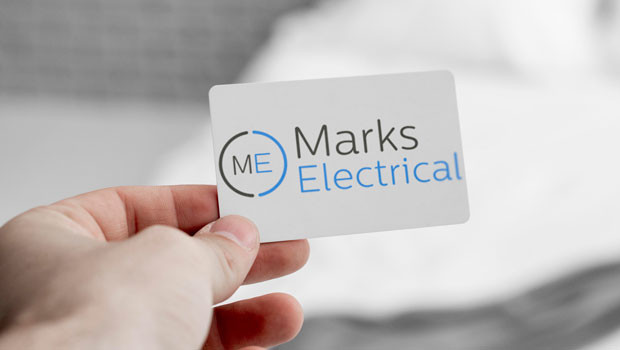Marks Electrical reiterates full-year targets despite profits slide

Marks Electrical Group reported a fall in half-year profits on Thursday, despite stronger revenues, after higher costs weighed heavily.
AO World
107.00p
16:45 20/12/24
FTSE AIM All-Share
710.60
17:04 20/12/24
FTSE All-Share
4,421.11
17:04 20/12/24
FTSE Small Cap
6,787.84
17:09 20/12/24
General Retailers
4,645.29
17:14 20/12/24
Marks Electrical Group
53.00p
16:55 20/12/24
The specialist retailer said revenues in the six months to September end were £53.9m, up from £43.1m a year previously.
Market share also improved, from 2.4% to 2.9% of the overall major domestic appliances market, and up to 5.4% in the online segment.
Adjusted earnings before interest and tax fell to £1.5m from £2.1m, however, while operating profits came in at £914,000 compared to £2m in 2022.
The operating margin fell to 1.7% from 4.7%, after Marks introduced its own installation service and increased drivers’ wages in the face of surging inflation.
However, it insisted it was "well positioned" for both the peak Christmas trading period and to meet full-year targets, adding that there had been "continued" double-digit revenue growth in October.
Mark Smithson, chief executive, said: "We’ve made a strong start to the year.
"Our strategic decision to add in-house installation services to our offering has strengthened the group’s premium service proposition, alongside the creation of our own training facility.
"These additions, while margin dilutive in the short term, will enable the group to deliver long-term value creation and position us as the UK’s leading premium electrical retailer.
"Despite the first-half margin pressure, we continued to remain disciplined on marketing costs, maintain our focus on overhead cost control and are continuing to gain market share profitability."
At 1300 GMT, shares in the firm were off 3% at 90.8p.
Shore Capital said: "We continue to think [Marks] deserves a premium P/E rating to its peer AO World. That said, we do appreciate there is near-term risk, with significant leg work to do in the second half in order to meet consensus EBITDA.
"As such, we stick with a ‘hold’ recommendation."